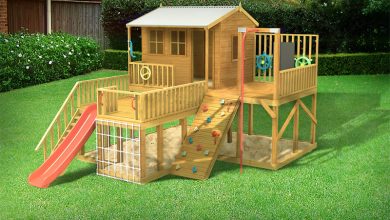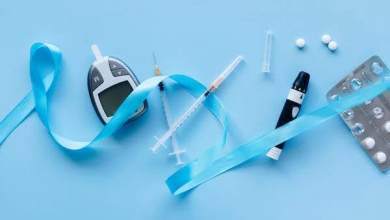Tips on Improving Digestion
If you often feel bloated or experience painful gas after eating a meal there could be many reasons for the issue. Food sensitivities, not chewing food thoroughly, and eating highly processed foods are all causes of a painful, bloated belly. Here’s a few tips to support and improve your digestion.
Reduce Gas
Gas buildup in the intestines can be caused by several things. Chewing gum, eating too fast, carbonated drinks, or wearing dentures that do not fit well can cause excess gas. Certain foods can also increase gas such as broccoli, onions, kidney beans, apples, ice cream, and milk.
Include Digestive Enzymes or Other Nutritional Supplements
The body needs digestive enzymes to further break down food into smaller components for easier digestion. Most enzymes are naturally made in the body by the pancreas. A few are made by the mouth, stomach and small intestine. A good supplement should include lactase to help break down dairy products, amylase (for starches and sugars), lipase (for fats), protease (to break down proteins). Find more information about NuMedica products here.
Keep a Food Journal
Writing down everything you eat and drink for several weeks may be the key to finding the pattern of digestive upset. Include things in the diary like how much you eat, when you eat, and even things like where, with whom, and your emotion state can all be keys to unlocking the gut mystery and revealing trigger foods that irritate the body.
Try Fermented Foods
Bacteria occur naturally in the gut, and we need these tiny microorganisms to break down food and make it available to the body. But, consuming soda and processed sugar regularly can really upset the good bacteria the body needs to digest food properly. Just like anything, too much bad bacteria is not helpful, but increasing the good bacteria by eating fermented foods such as the ones below may help.
- Kefir
- Yogurt
- Sauerkraut
- Sourdough bread
- Miso
Add More Fiber
Constipation can also be the cause of digestive disturbance. Adding more fiber to the diet can aid the body of ridding waste faster. The key to eating more fiber is the type and quality of high-fiber foods like beans, fruits, vegetables and whole-grains. Read packaging labels to make sure the product contains actual whole wheat and not just enriched wheat flour, Taking psyllium is another great option to ease constipation. Ten grams of psyllium twice a day can also reduce blood sugar and cholesterol levels and decrease body weight.
Other Natural Remedies
Ginger, peppermint, and cinnamon have been used for centuries to aid in reducing digestive upsets. Ginger can help with nausea and bloating as well as speed the rate of stomach emptying, which decreases gas and bloating. Peppermint contains L-menthol, which can help suppress muscle spams in the stomach and relive gas symptoms. Taking cinnamon oil capsules may reduce bloating, and those capsules also contains anti-inflammatory compounds.
When to See a Doctor
Maybe you aren’t ready to rush to the doctor’s office because the problem is just occasional digestive upset. But, if gas and belly pain are a frequent annoyance, the problem may need medical attention. This is where keeping a food diary for several weeks will pay off. By recording any symptoms, you can help a physician start to unlock the puzzle and increase your health and wellness while decreasing pain.













